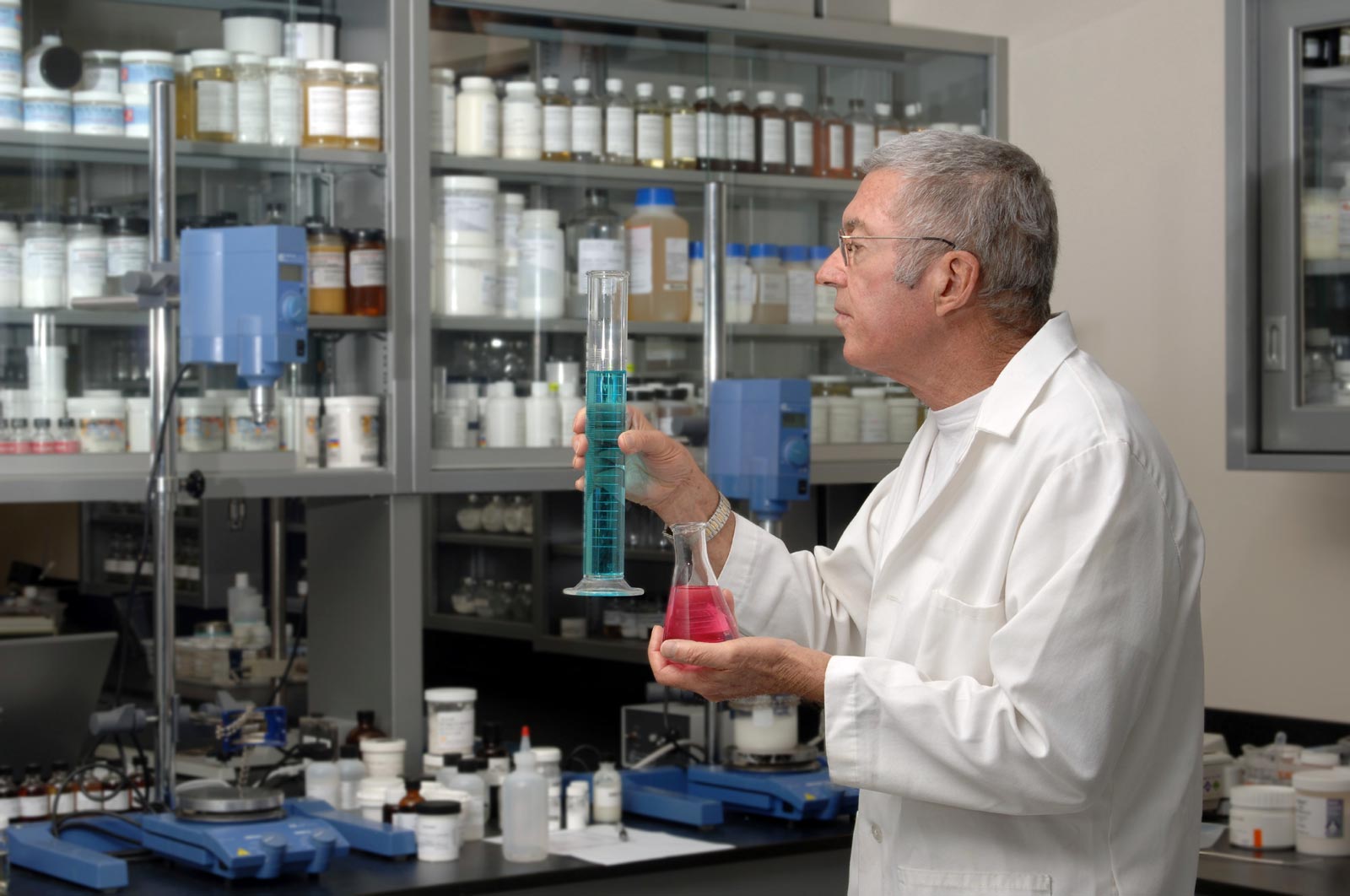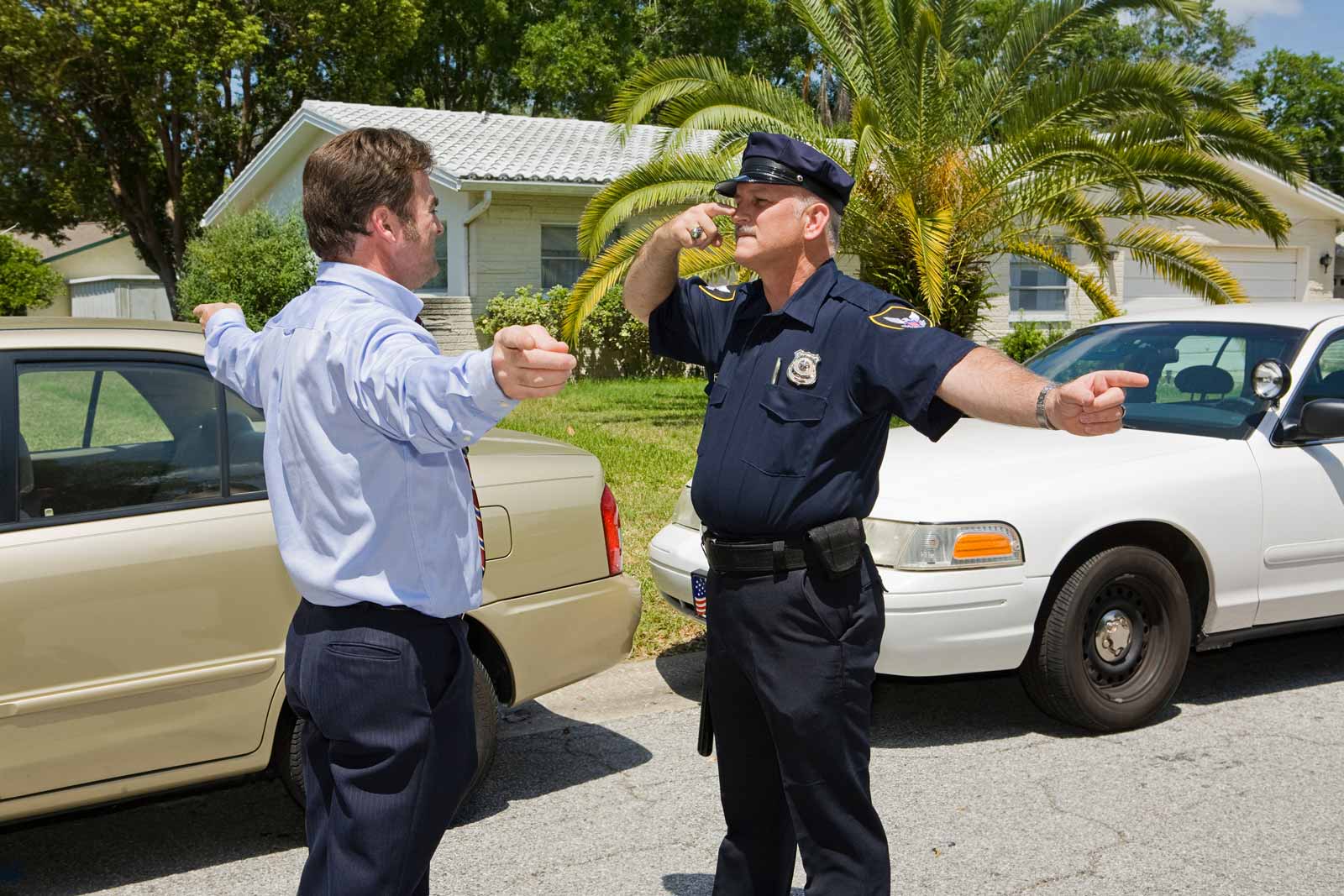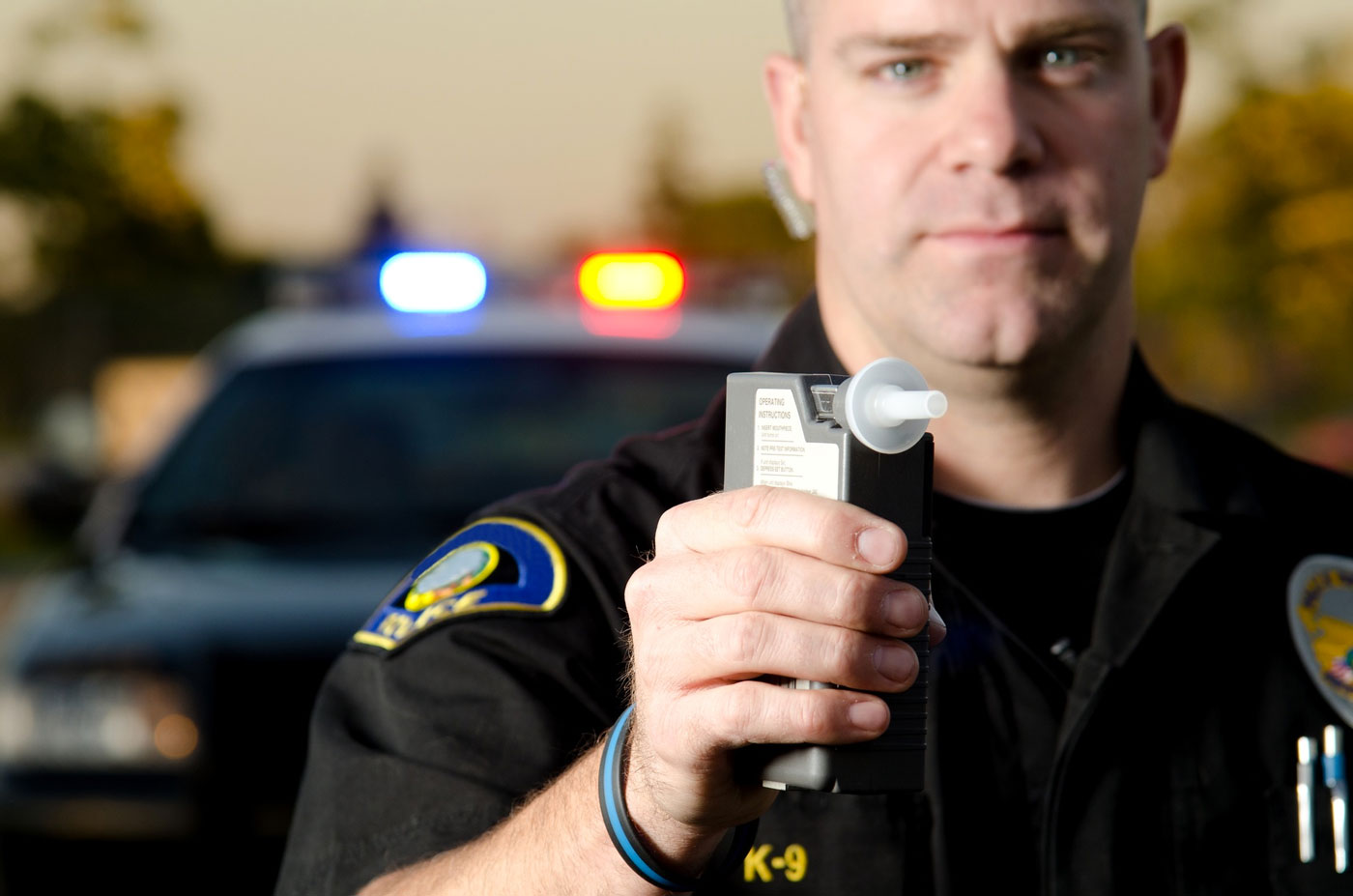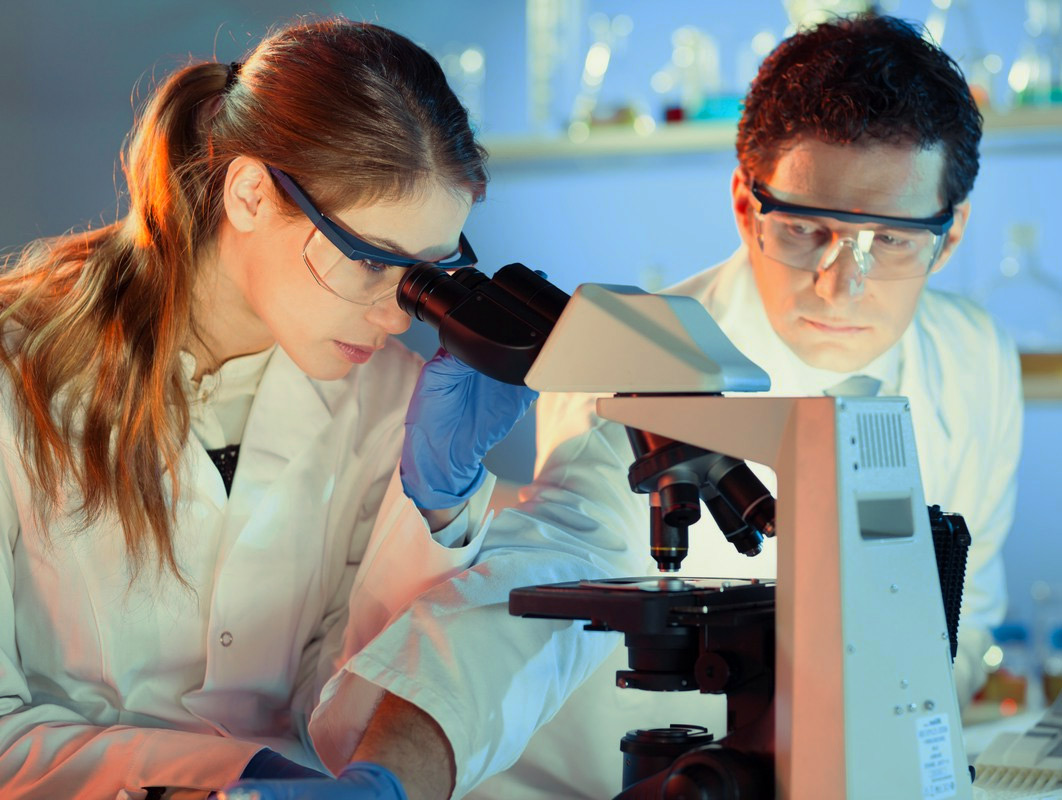Monthly Archives: August 2015

The Difference Between Forensic Toxicology and Pharmacology
Forensic Toxicology & Pharmacology: What’s the Difference? Both forensic toxicology and pharmacology involve the study of the effects of drugs on biological systems, where drugs refer to any man-made or natural substance that has either a biochemical or psychological effect on the recipient. There are, however, significant differences between these…

An Expert Witness Analyzes Field Sobriety Tests
An Expert Witness Can Help Disprove Problematic Field Tests There are many issues surrounding field sobriety tests that can raise contentions within a court of law. Often, these concerns can be used by an expert witness to challenge allegations of driving under the influence of alcohol. Field sobriety tests are…

A Forensic Toxicologist Examines Blood and Breath Testing
Forensic Toxicologist Talks Blood Vs Breath Testing In films, police officers are often shown as requesting a breath test after pulling a suspect over. This, however, is an incorrect depiction of what happens. Before an official arrest is made, breath tests are completely voluntary, and thus can be refused. Officers…

Why I Became a Forensic Toxicologist
Why You Should Become a Forensic Toxicologist Forensic toxicology is the merging of two fields: that of forensics – in which tests and techniques are used to detect and determine crimes committed – and toxicology – which is the branch of chemical science that investigates the nature, structure, and effects…

The Science Behind Forensic Toxicology
What is Forensic Toxicology & How is it Useful? What is the crux of forensic toxicology? Forensic toxicology may sound like a bit of an intimidating term so let’s first break it down! Forensics is basically a series of tests and techniques that are used to detect and determine crimes…




